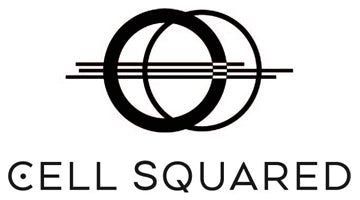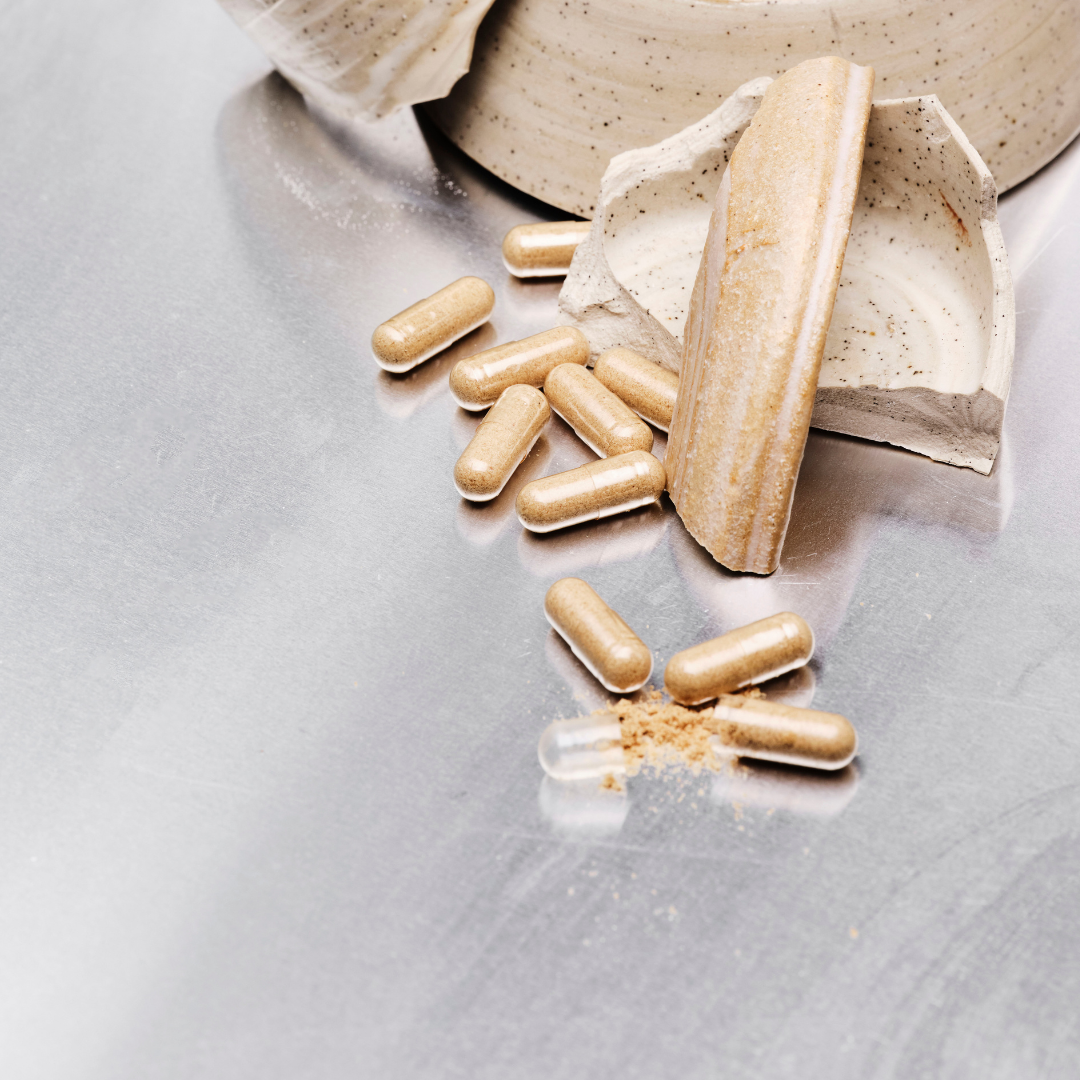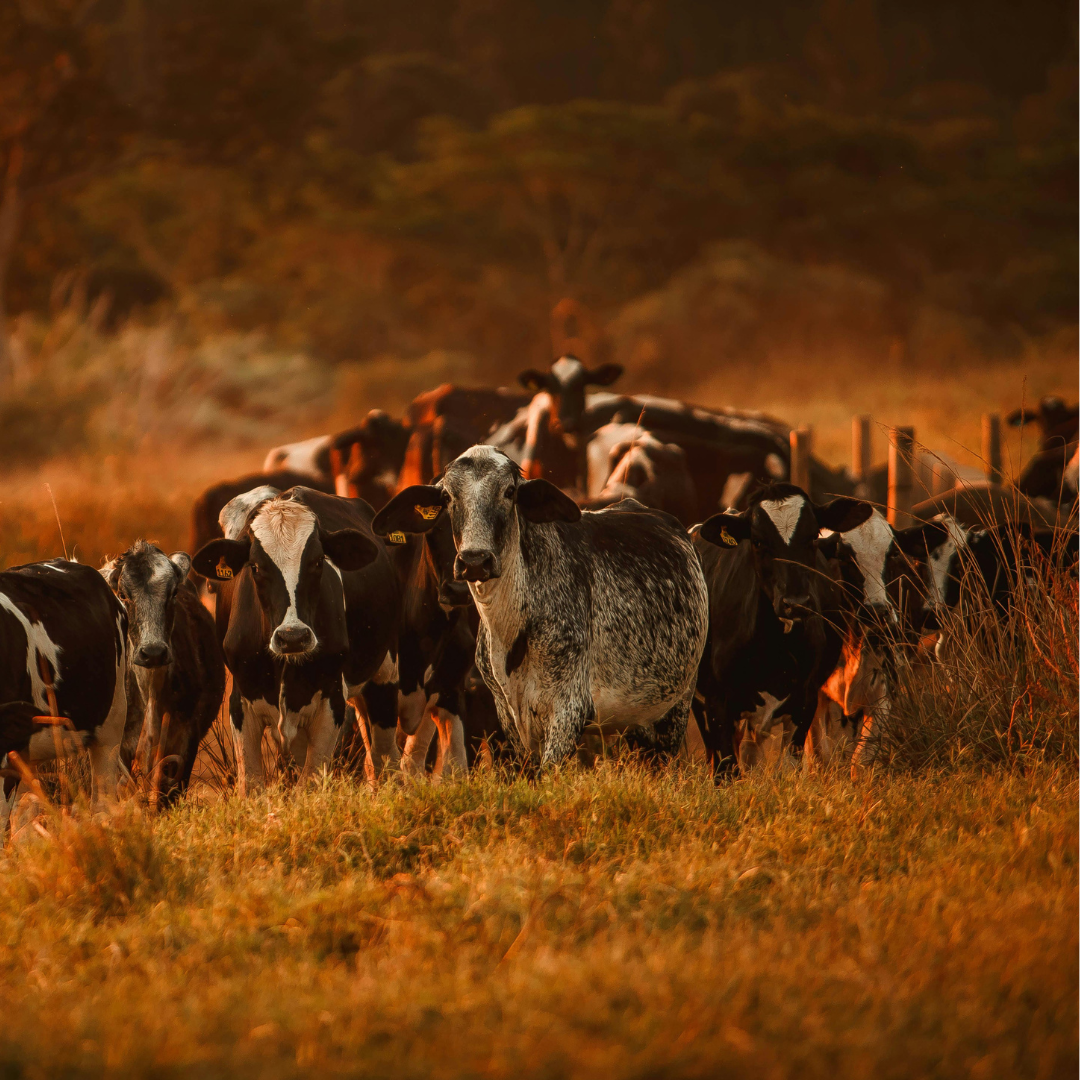What is the Animal-Based Diet?
The animal-based diet is a nutrient-dense, wholefood approach to eating rooted in ancestral traditions and supported by modern nutritional science. It centres around high-quality animal foods such as grass-fed meats, pasture-raised eggs, nutrient-rich organ meats, raw dairy, healthy animal fats, and occasionally includes low-antinutrient plant foods like select fruits and honey. This way of eating eliminates heavily processed foods and minimises plant-based anti-nutrients that may interfere with nutrient absorption.
Rich in bioavailable nutrients like Heme Iron, Vitamin B12, Retinol (vitamin A), Folate, Selenium, and essential amino acids, the animal-based diet supports energy, metabolic health, hormonal balance, and overall vitality.
As awareness grows, more people are turning to the animal-based diet to reconnect with real food nutrition and reclaim the health benefits of eating the way our ancestors did.
What are the benefits of the animal-based diet?
The animal-based diet offers a wide range of benefits thanks to its focus on nutrient-dense, bioavailable animal foods. This way of eating supports energy, hormonal balance, metabolic function, and immune health. The animal-based diet helps optimise digestion, cognitive performance, and overall vitality.
Many people also find it improves food cravings, mental clarity, and long-term resilience by returning to the way humans have eaten for generations.
Understanding the Animal-Based Diet Food Pyramid
Unlike strict carnivore diets that eliminate all plant foods, the animal-based diet allows some low antinutrient plant-based ingredients, ensuring flexibility while maintaining a focus on animal-derived nutrition. The framework is built on:
- Grass-fed, regeneratively raised meats for high-quality protein, healthy fats, & micronutrients.
- Organ meats for a naturally occurring source of essential micronutrients.
- Wild-caught seafood for omega-3 fatty acids.
- Raw dairy (for those who tolerate it) as a source of naturally occurring enzymes and probiotics.
- Low-antinutrient plant foods, such as fruits, non-sweet fruits, raw honey, & some fermented plants (as tolerated) to complement the diet.
The exclusion of grains, legumes, & vegetables with high anti-nutrients (such as oxalates, nightshades, & lectins) and processed foods is based on reducing exposure to anti-nutrients & inflammatory compounds, while focusing on foods that provide bioavailable nutrition.

Nutritional Priorities of an Animal-Based Diet
A well-structured animal-based diet focuses on nutrient-dense foods, particularly those rich in essential vitamins and minerals that are often lacking in modern diets. Ruminant meats, such as beef and lamb, are particularly valued for their balanced fatty acid profiles and complete protein content. Fatty cuts are favoured for their energy density, while organ meats such as liver, heart, and kidney provide concentrated sources of essential micronutrients.
Wild-caught seafood can be included in the animal-based diet, particularly fatty fish like salmon and mackerel, offers omega-3 fatty acids that support cardiovascular and cognitive health. Dairy products are a staple of the animal-based diet. When sourced from pasture-raised animals and consumed in raw or fermented forms, provide enzymes and probiotics that are often lost during pasteurisation.
Selective plant foods such as seasonal fruits, raw honey, and certain fermented non-sweet fruits offer additional antioxidants and digestive benefits. The goal of the animal-based diet is to prioritise high-quality, unprocessed ingredients that contribute to a well-rounded nutrient intake while eliminating modern dietary stressors.
The Essential Role of Organ Meats
For generations, organ meats have been a valued part of traditional diets (including animal-based diet) across cultures. Unlike muscle meats, which are primarily a source of protein, organs contain a broad range of dietary nutrients. These cuts were often prioritised in ancestral eating, contributing to a diverse and varied approach to food.
Liver – Contains vitamin A (retinol), B12, iron, riboflavin and copper, making it one of the most nutrient-dense animal foods.
Heart – Natural source of CoQ10, a compound found in organ meats.
Kidney – Provides one of richest natural sources of selenium & riboflavin. Plus contains B12 and DAO Enzymes.
Spleen – One of the richest sources of heme iron, the most bioavailable (easily absorbed) form of iron found in animal foods.
Lung – A lesser-known organ, included in traditional dishes for its unique profile of B12, selenium, proteins and enzymes.
Despite their long-standing inclusion in traditional eating, organ meats have become less common in modern diets. Once widely consumed and valued for their contribution to whole-animal eating, they are now often replaced by more familiar cuts. However, renewed interest in the animal-based diet and nose-to-tail nutrition has led more people to explore these foods as part of a diverse, whole-food diet.
As people revisit ancestral eating practices, organ meats remain an important part of culinary traditions worldwide, offering a way to incorporate a broader range of animal foods into meals.
Animal-Based Diet Food List & Meal Plan Guide
This animal-based diet meal framework showcases the variety and flexibility of the diet while incorporating nutrient-dense foods, including recipes that make organ meats easy and enjoyable to consume.
Note - This meal plan incorporates both fresh & freeze-dried organ meat options. For those that love the flavour of fresh beef organs, small portions of these can be interchanged with our Freeze-dried beef organs range. If you're anything like us, you'll enjoy fresh organ meats once or twice a week in recipes, then choose the convenient freeze-dried capsule option as a baseline on most other days.

Everyone’s nutrition needs are different. Your ideal balance of protein, fat, and carbs will depend on your lifestyle, goals, and how your body functions best.
This animal-based diet meal plan is a flexible guide to help you build nutrient-dense, animal-based meals. Use it as inspiration, and feel free to adjust portion sizes and macro balance to suit what works best for you.
🐮Day 1
Meal 1: 3 ghee-fried eggs with a nutrient dense smoothie (try a mix of raw milk or kefir blended with honey, bananas, & berries). Serve with a side of 30-50g of cooked organic beef liver or include a serving of beef organs from Cell Squared’s freeze-dried beef organs capsules range 10-20mins before eating.
Meal 2: Grass-fed beef burger patties with grated aged cheddar & pickles on top. Pair with a handful of diced fruit or berries.
Meal 3: Beef Ribeye (or your favourite steak cut) cooked in organic ghee.
🐮 Day 2
Meal 1: Scrambled eggs with freeze-dried Beef Liver Powder or Beef Organ Powder mixed through, cooked in ghee. Pair with a side of sliced banana with raw honey drizzled over.
Meal 2: Grass-fed Porterhouse Steak cooked in ghee (this is one of our personal go-to lunches as you can dice it up, pop it in a container to easily take it in your lunchbox to eat cold at work).
Meal 3: Pan-cooked ground beef mince with grated parmesan cheese, 2 egg yolks, & sea salt flakes mixed through.
🐮 Day 3
Meal 1: 3 Boiled eggs with a serving of Cell Squared Beef Spleen & Liver Capsules (or any of your preferred Beef Organs Capsules) and butter-blended coffee (AKA: Bulletproof Coffee).
Meal 2: Diced lamb with a side of avocado & sliced cheese (another great option to pack in your lunchbox to eat cold at work).
Meal 3: Medium-rare grilled Ribeye with ghee, roasted marrow bones and/or avocado.
🐮 Day 4
Meal 1: Pasture-raised bacon & eggs fried in ghee. Serve with a handful of organic blueberries and side of diced fresh beef organs or 1 serve of Cell Squared’s Beef Spleen & Liver Capsules (or any of your preferred Beef Organs Capsules)
Meal 2: Yoghurt bowl (plain yoghurt, raw honey, diced fruits) with 3 boiled eggs.
Meal 3: Lamb loin chops cooked in ghee, with a side of diced cucumber, avocado, grapes & feta salad drizzled in raw honey
🐮 Day 5
Meal 1: Small sandwich steak with an Animal-based Banana Smoothie.
Meal 2: Ground beef mince & beef organs burger-patties with grated parmesan melted over. Serve with a side of smashed avocado (if you can’t get your hands on fresh beef organs, simply mix a tsp of Freeze-dried Beef Organs Powder through the patty mixture instead or take a serve of your favourite beef organs from Cell Squared’s Freeze-dried beef organs capsule range before your meal.
Meal 3: Lamb steak cooked in ghee with cheese & 2 butter-stuffed dates.

🐮 Day 6
Meal 1: Animal-based pancakes made with banana, eggs & Beef Organs Powder, served with a dollop of full-fat plain yoghurt.
Meal 2: Diced Lamb skewers with a plain yoghurt dipping sauce (we like mixing plain yogurt, sea salt flakes, & grated cucumber). If you have access to fresh organic beef heart, try adding some diced pieces onto the skewers, otherwise take a serve of Cell Squared’s Beef Heart Capsules 10-20 mins before eating.
Meal 3: Pan-cooked ground beef mince with grated parmesan cheese, 2 egg yolks, & sea salt flakes mixed through.

🐮 Day 7
Meal 1: Pan-cooked ground beef mince cooked in ghee, with diced bacon & pickles mixed through. Plus 1 serve of your favourite freeze-dried beef organs from Cell Squared’s Freeze-dried beef organs capsule range.
Meal 2: Small sandwich steak with 2 fried eggs, diced cheese, & a handful of grapes.
Meal 3: Roast leg of lamb, cooked in ghee and sea salt flakes (perfect for leftovers to eat the following week). Serve with a side of roasted pumpkin topped with raw honey & crumbed feta.
ANIMAL-BASED DIET SNACK IDEAS
The beauty of this animal-based diet is you don't often feel the urge to 'snack', but when the feeling strikes (or perhaps you don't feel like a huge meal), here's a few suggestions to get you through to your next full meal:
- Butter-stuffed Dates
- Oysters
- Sliced cheese with grapes
- Plain yoghurt with honey
- A boiled egg & banana
- Sliced cheese with honey
- Animal-based Ice Cream
- Animal-based Banana Smoothie
This seven-day plan highlights the versatility of animal-based diet eating while showcasing real, practical meals using nutrient-dense organ meats. By incorporating recipes that blend organ meats seamlessly into familiar dishes, the diet remains both accessible and enjoyable.
How Cell Squared Makes Nose-to-Tail Eating More Accessible
At Cell Squared, we are committed to supporting the animal-based diet by providing high-quality, whole-food nutrition sourced from 100% Australian Certified Organic beef organs. Our products offer a convenient way to incorporate nose-to-tail eating into modern lifestyles, making traditionally valued organ meats more accessible.
Beef Organ Powder – A powdered blend of liver, heart, lung, and spleen, offering a versatile nose-to-tail approach to include a range of organ meats in everyday meals.
Beef Liver Powder – A single-organ option featuring beef liver, often regarded as one of the most nutrient-dense foods.
Beef Liver Capsules – A simple tasteless/convenient way to consume nutrient-dense beef liver, sourced from grass-fed and regeneratively raised cattle.
Beef Kidney Capsules – Sourced from 100% grass-fed kidney, available in a capsule format for ease of use.
Beef Heart Capsules – Featuring beef heart, a food traditionally consumed for its unique nutritional composition.
Men’s Innate Energy – Beef Organ Multi Capsules – A combination of liver, kidney, and spleen, offering a selection of organ meats for Men's dietary needs in a convenient format.
Beef Spleen & Liver Capsules – A blend of spleen and liver , designed for those looking to increase their dietary iron & B12 intake.
For those exploring nose-to-tail eating & the animal-based diet, our range provides a way to enjoy organ meats in capsule or powder form, making it easier to include these traditional foods in modern animal-based diets.
FAQs: Understanding the Animal-Based Diet
Q. How does the animal-based diet compare to other ancestral diets like Paleo or Carnivore?
A. The animal-based diet prioritises animal-derived foods such as meat, organs, eggs, and raw dairy, while allowing limited, low-toxicity plant foods like fruits and honey. It differs from Paleo, which includes nuts, seeds, and tubers, and Carnivore, which eliminates all plant matter entirely. This balance allows for nutrient-dense animal products while incorporating select carbohydrate sources.
Q. Why are beef organ meats considered an essential part of an animal-based diet?
A. Organ meats such as liver, heart, and kidney contain a broad range of dietary nutrients not commonly found in muscle meats. For example, beef liver provides vitamin A (retinol), B12, and copper, while beef heart contains CoQ10 and the beef spleen has heme iron. These foods have been consumed in traditional diets worldwide, valued for their diverse nutrient composition and a key pillar of the animal-based diet.
Q. Why does the animal-based diet include raw dairy but exclude grains and legumes?
Raw dairy is included because it contains enzymes, probiotics, and naturally present nutrients when sourced from grass-fed animals. On the other hand, grains and legumes are excluded from the animal-based diet due to their antinutrient content, such as lectins and phytates, which can interfere with digestion and nutrient absorption.
Q. What role do fruits play in an animal-based diet compared to other carbohydrate sources?
A. Fruits serve as a natural carbohydrate source with minimal antinutrients, unlike grains or legumes. They provide energy through fructose while also offering antioxidants and fibre, making them a more digestible option within the animal-based diet framework.
Q. How can someone transition to an animal-based diet without feeling overwhelmed?
A. A gradual approach works best when following the animal-based diet. Increase your intake of grass-fed meats and raw dairy while slowly reducing processed foods. If fresh organ meats feel unfamiliar, start with freeze-dried organ powders or capsules. Over time, phase out grains, legumes, and processed sugars to allow for a smooth transition into an animal-based diet lifestyle.
Q. Which beef organs are best to consume when following animal-based diet?
Beef liver is a great nutrient-dense staple beef organ when following the animal-based diet. Other beef organs are also important to include for true 'nose to tail' nutrition. Beef kidney has a unique nutrient profile, beef heart is a source of B12 plus heart specific enzymes and peptides. Beef lung and beef spleen are also a good option.
For men, we have created a unique blend of beef liver, beef kidney and beef spleen powder (Men's Innate Energy), creating a product which focuses on men's health and supports the animal-based diet.
Q. How can I eat red meat on a budget when following animal-based diet?
While on face value the animal-based diet may look like an expensive way to eat.
The best way to save money while following the animal-based diet is to source budget cuts of meat and consume a lot of beef mince, in the way of mince dishes, meatballs, meat patty's, bolognaise etc.
Highly recommend having a good relationship with a local butcher, let them know you are following the animal-based diet and ask them to let you know the weekly specials or bulk buy packs which can be frozen for later.
Same goes for fruit when following the animal-based diet, choose value for money fruits which fill you up like bananas, apples, and oranges.
Best vegetable option for animal-based diet is pumpkin and sweet potato.
Q. Which type of meat is best for the animal-based diet?
A. Good quality red meats are the pillar of the animal-based diet.
Sourcing grass-fed beef is very popular when following the animal-based diet. But can sometimes difficult or expensive to source. Its important to know Australia has some of the best farming practices in the world with feedlot farming very rare.
Another reason why its important to have a good relationship with your local butcher. Ask them about the different sourcing strategies of the cuts they sell.
Q. Who can follow the animal-based diet?
As the animal-based diet is a diet which focuses on high quality and nutrient-dense foods, the diet can be followed by just about everyone.
Though it is always recommended to check in with your medical professional before making large changes to your food intake - including before starting the animal-based diet.




